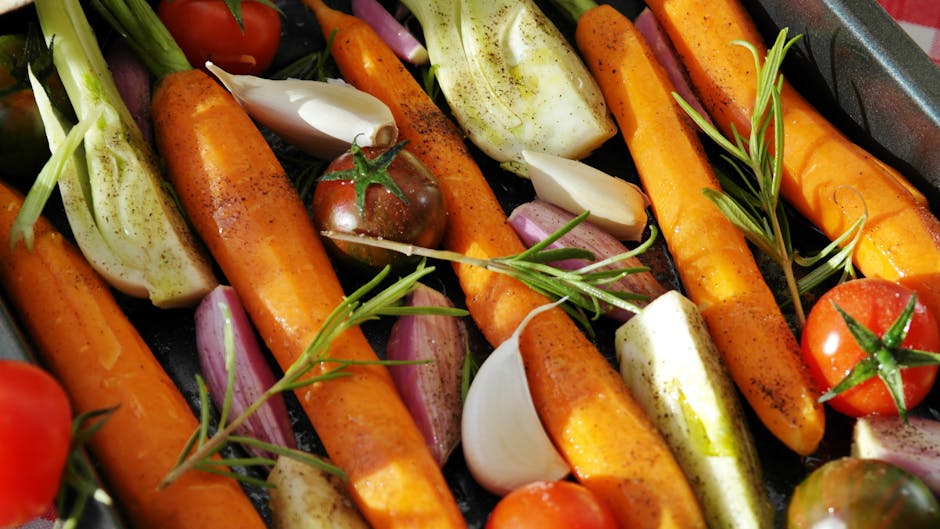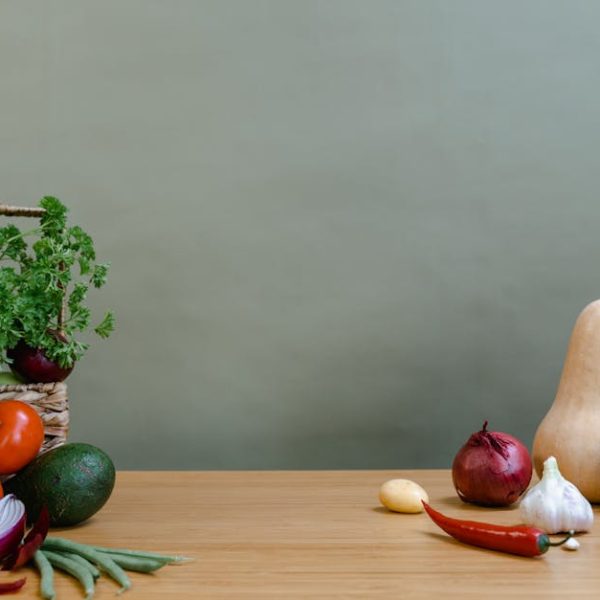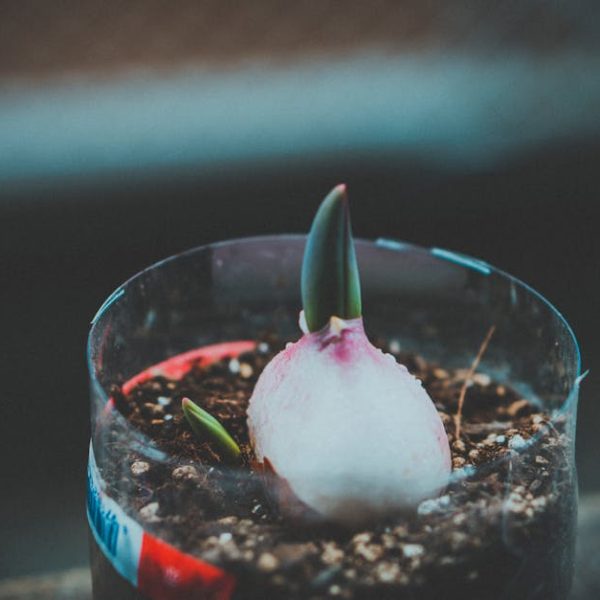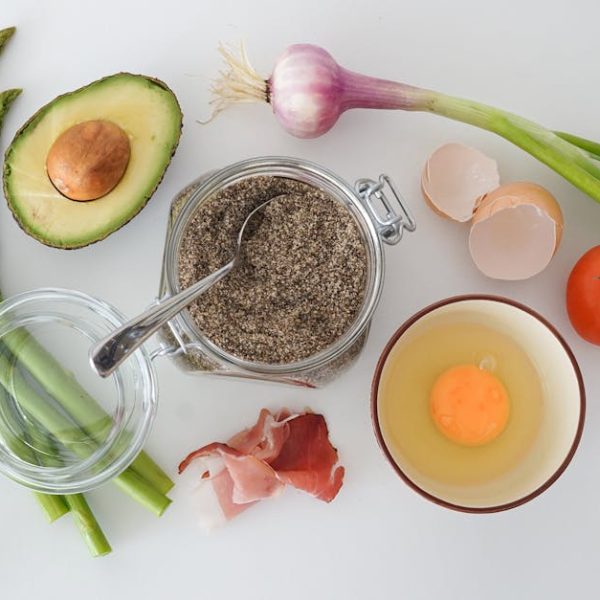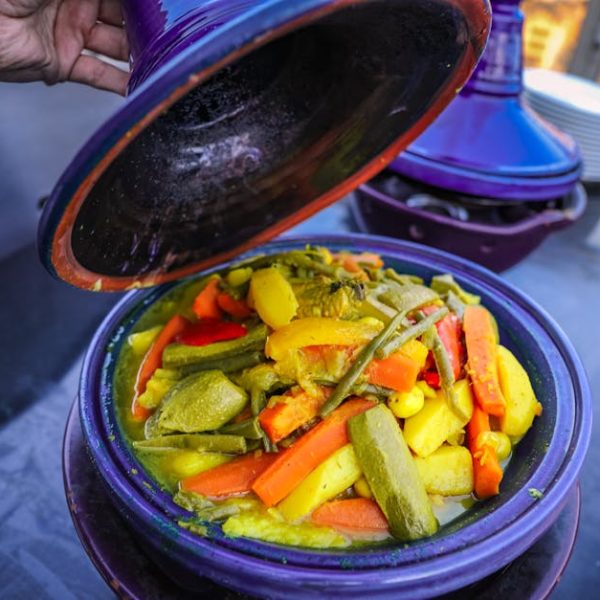When it comes to stretching the life of your onions, it’s all in the storage. With the right methods, you can maximize your onion’s freshness, prevent spoilage, and enjoy their robust flavor for a remarkably longer time. Let’s delve into these ten effective strategies to prolong the lifespan of your onions.
Storing Onions in a Pantry
Onions thrive best in cool, dark places with plenty of airflow. Position your kitchen pantry as the perfect storage spot with room temperature, little to no light exposure, and proper ventilation. Spread them, ideally hung in mesh bags or even pantyhose, to maximize air circulation and prevent the formation of mold or rot.
Here’s a simple checklist:
- Cool, dark space
- Good airflow
- Non-plastic storage bags
Pro Tip: Don’t pile your onions. Individual hanging or loose spread on racks can greatly enhance their shelf life.
Using the Refrigerator for Onion Storage
Refrigeration offers an alternative solution for extending your onion’s lifespan, particularly once cut open. The cold temperature slows down the aging process, but it can make the onions a bit soft. Ensure your onions are stored in mesh bags or paper towels for better absorbing the moisture.
Comparison table:
| Pantry Storage | Refrigerator Storage | |
|---|---|---|
| Pros | Preserves Crunchiness | Slows Aging Process |
| Cons | Needs Proper Airflow | May Soften Onions |
Best Practice: For cut and peeled onions, ensure you use airtight containers to prevent the strong smell from seeping into other foods.
Preserving Onions through Freezing
Freezing is a solid choice for long term storage of onions, especially when your onion harvest is over-abundant. Chopped onions frozen at their prime can retain most of their flavor pretty well.
Here’s a list of tools you need to effectively freeze onions:
- Knife
- Cutting board
- Freezer-safe bags or containers
Pro Tip: Flash freeze your chopped onions on a baking sheet before transferring them into bags. This will prevent them from sticking together in the freezer.
Onion Storage through Dehydration
Dehydration is an effective way to dramatically extend the self life of onions, whilst maintaining their flavor. By removing their water content, you inhibit the growth of bacteria, thus preserving the onions. In the home setting, a food dehydrator or a conventional oven can get the job done nicely.
Table: Pros and Cons of Dehydrating Onions
| Pros | Cons | |
|---|---|---|
| 1 | Preserves Flavor | Nutrient Loss |
| 2 | Long Shelf Life | Time-consuming Process |
Best Practice: Store your dehydrated onions in airtight containers and keep them in a cool, dark place for maximum shelf life.
Pickling Onions for Longer Shelf Life
Pickling is a flavor-filled method for preserving onions, typically in a solution of vinegar, salt, and other seasonings. Doing so, not only extends their shelf life, but also adds a tangy edge to the robust flavor of your onions. Perfect for salads, sandwiches or as a garnish.
Here’s a basic checklist for pickling onions:
- Fresh onions
- Vinegar
- Salt
- Spices, as per your preference
- Jar or container
Pro Tip: Slice your onions thin for a quicker pickling process. The thinner the slice, the faster the flavors will penetrate.
Choosing the Right Onion for Long-Lasting Freshness
Different onion varieties have different shelf lives. Your choice of onion matters when it comes to how long it lasts. For example, white onions are known to have a shorter shelf life compared to red or yellow varieties. Choosing the right onion variety can go a long way in ensuring you get the maximum shelf life.
Comparison of different onion types and their shelf lives:
| Type | Shelf Life |
|---|---|
| White Onions | 1-2 months |
| Yellow Onions | 2-3 months |
| Red Onions | 2-3 months |
Best Practice: When buying onions, choose ones that feel firm and have tight, dry skins.
Using Proper Containers for Onions
The container you choose for storing your onions should allow for air circulation. Materials like wire baskets, paper bags with holes, or mesh bags are ideal because they allow for ventilation which helps in preventing rot.
Recommended container types for storing onions:
- Wire Basket
- Paper bags with holes
- Mesh bags
Pro Tip: Store onions and potatoes separately. They produce gases that can cause the other to spoil more quickly.
Chopping and Storing Leftover Onions
Once an onion is cut, it becomes perishable. A cut onion should always be stored in a sealed container in the fridge where it will last for about 7-10 days.
Best practices for storing chopped onions:
- Store in airtight container
- Use within 7-10 days
- Keep in refrigerator
Pro Tip: Avoid storing chopped onions in aluminium foil or containers as it could react with the onion and cause discoloration.
Storing Onions with Other Vegetables
Onions and other vegetables such as potatoes don’t play well together. Onions emit ethylene gas which can speed up the ripening process of many other fruits and vegetables causing them to spoil.
List of vegetables that should/should not be stored with onions:
- Can be stored: Garlic, shallots
- Cannot be stored: Potatoes, apples, pears
Pro Tip: Use dividers or separate storage bins to store your vegetables properly and avoid spoilage.
Regularly Checking Stored Onions
One rotten onion can spoil the whole bunch. Regularly checking your stored onions and separating any that are going soft or showing signs of mould helps in preventing the spread of rot among other stored onions.
Best practices in regularly inspecting stored onions:
- Check weekly
- Remove any rotten onions
Pro Tip: Use your senses to check for freshness. Fresh onions should be firm and not have a strong smell. Additionally, look out for any visible signs of mold or discoloration.
Key Takeaway:
- Storing onions in an optimally conditioned pantry with good airflow can significantly extend their shelf life.
- Refrigeration, though may result in softer onions, can effectively slow down their aging process, with proper packaging.
- Freezing, dehydration, and pickling offer alternative long-term storage options for onions, each comes with their pros and cons.
- Different onion varieties have various shelf lives; choose wisely based on your usage and storage capabilities.
- The type of containers used for storing onions can have a noticeable impact on their freshness and longevity.
- Co-storing onions with certain vegetables can affect their freshness negatively due to emitted gases.
- Regular inspection of stored onions ensures timely identification and removal of rotten ones to avoid contamination.
Rest assured, with these methods, you can savor the robust flavor of your onions for an extended period. Remember, it’s all about right storage practices and regular checks. Stay fresh and keep cooking!
FAQs
Q: What if I don’t have a pantry with proper air circulation?
A: You can store onions in any cool, dark place with good ventilation, like a cellar or basement. If these aren’t options, consider using a refrigerator for storage, but remember it might soften the onions slightly.
Q: Can I use glass containers for storing onions?
A: While glass containers are not harmful, they’re often airtight which doesn’t allow the onions to breathe, leading to faster spoilage. Opt for containers that allow circulation, such as mesh bags or paper bags with holes.
Q: Should I store onions in a plastic bag?
A: A plastic bag is not the best option because it doesn’t allow for air circulation which can lead to moisture build-up and faster spoilage of the onions.
Q: Can I freeze whole onions?
A: While technically possible, it’s best to chop onions before freezing as whole onions can take up a lot of space and require a longer defrosting time when you want to use them.
Q: What should I do when my stored onions start growing sprouts?
A: Sprouting indicates that the onions are starting to go bad. You can still eat them, but be sure to remove the sprouts as they can taste bitter. For longer shelf life, store onions appropriately and regularly check them.
Feel free to share this article with others who might find it helpful, and don’t hesitate to delve into other posts on our website for more insights.
